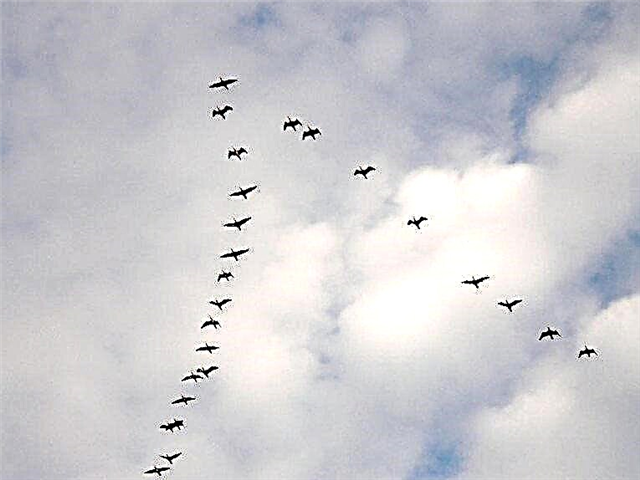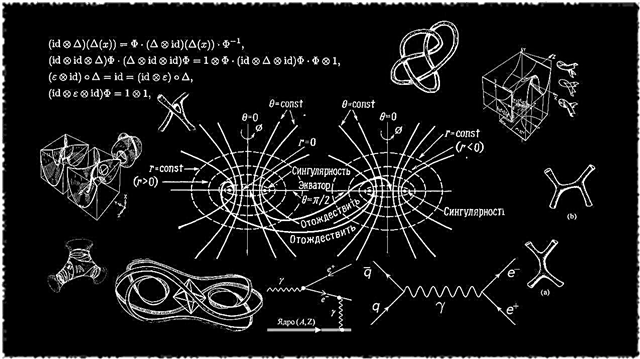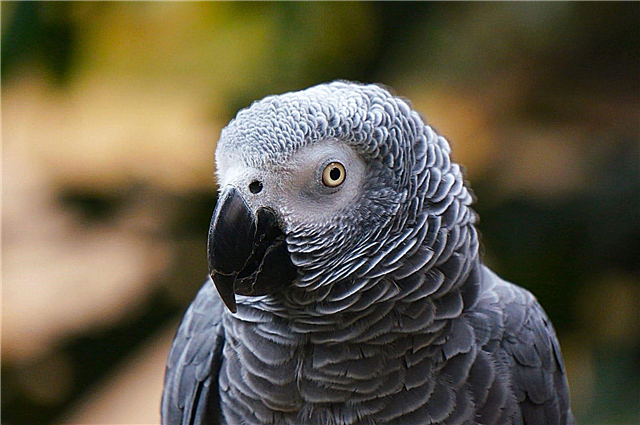
Sneezing is an unconditional protective reflex that allows you to clear the upper respiratory tract of irritating substances. In this case, the person inhales deeply, and then there is a sharp forced exhalation through the nasopharynx.
What happens while sneezing?
The medulla oblongata is responsible for the process. This is the posterior part of the brain continuing the dorsal. In the human body, he is responsible for respiration and blood circulation. The process of sneezing takes place in several stages.
As a result of irritation of the receptors located in the area of the nasal mucosa, impulses arrive through the fibers of the ethmoid nerve into the Gasster node located in the large sensitive root of the trigeminal nerve.

Impulses are transmitted to the neurons of the respiratory center. As a result, a person takes a deep breath, drawing air into the lungs in full. The arches of the pharynx contract, and the soft palate rises. Then there is the isolation of the oral cavity by fitting the back of the tongue to the hard palate. At this stage, the eyes close reflexively.
In the future, there is a contraction of a whole group of muscles, which causes an increase in intrauterine pressure. A sharp exhalation occurs through the closed vocal cords. A stream of air bursting through them is directed into the nose, while removing mucus and dust that interferes with breathing.
Interesting fact: The speed of air passage through the glottis when sneezing can reach 150 m / s.The mucus that is secreted spreads to a distance of 2 to 3 meters.
Why do people close their eyes when they sneeze?
A person cannot sneeze with open eyes and this is a scientifically proven fact. For both of these processes, the same part of the brain is responsible. They also involve the trigeminal nerve, which is responsible for the innervation of the entire face and part of the soft tissues of the cranial vault. With a muscle spasm that occurs at the time of sneezing, those that regulate the activity of the eyes, causing them to close, are simultaneously reduced.
Experts still have not come to a consensus on why, while sneezing, their eyes close:
- Many believe that it is this mechanism that makes it possible to protect the eyes from infection and particles of microorganisms escaping from the nose;
- Some doctors say that high blood pressure during sneezing can cause damage to eyeballs and further visual impairment;
- There is a third theory, which is that involuntary muscle spasm during sneezing becomes the cause of closing eyes.
The experiments
Doctors say that if a person dares to sneeze with his eyes open, then he probably will not succeed. This unconditioned reflex is very strong, and even if it seemed that the eyes during sneezing remained wide open, then most likely the person blinked very quickly, without noticing it.
At the same time, British scientists conducting experiments in this area created a helmet that allows you to leave your eyes open while sneezing.As a result, it turned out that no damage to the organs of vision occurred. The intraocular pressure just slightly increased (not to a critical point).
Despite the studies, doctors do not recommend experimenting, since theoretically there is a chance to get such an injury as dislocation of the eyeballs. At the same time, they are displaced from the orbit and occupy a position in front of the eyelids. This can lead to infringement and swelling of the conjunctiva.
So why does a man sneeze shut his eyes?
Because one brain region is responsible for both processes, and the same nerve carries out impulses. In this case, there is a contraction of the muscles responsible for both sneezing and blinking.












